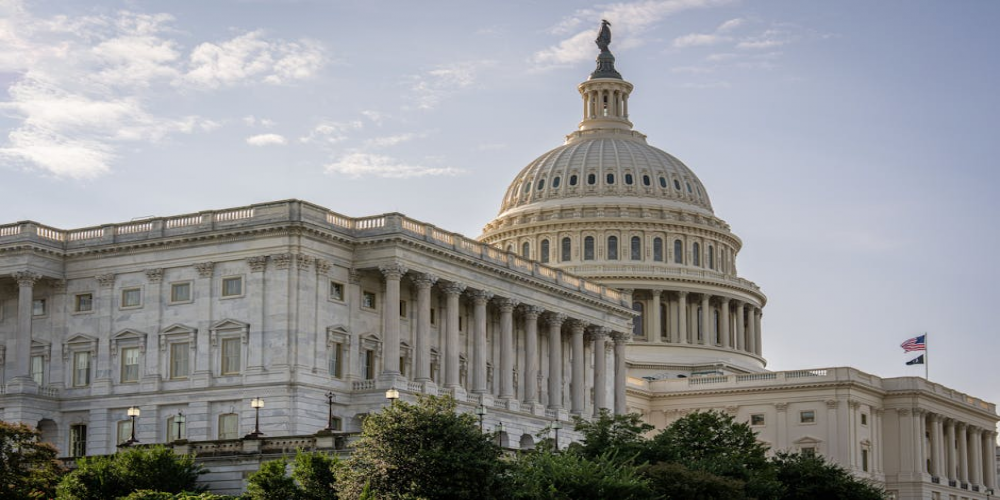
Market Overview
The United States government faces an impending shutdown after midnight as Congress failed to pass crucial funding bills, raising significant concerns across financial markets. This stalemate introduces considerable economic uncertainty, threatening to disrupt various federal services and potentially dampen consumer and business confidence. A shutdown could lead to a slowdown in economic activity, as non-essential government operations cease and thousands of federal workers are furloughed without pay. Investors are closely monitoring the situation for its potential impact on GDP growth and overall market stability, anticipating a period of heightened volatility. The primary sticking point remains the insistence by Democrats that any stopgap funding bill must include an extension of enhanced Affordable Care Act tax credits, which are set to expire at the end of 2025.
Trading Implications
The looming government shutdown is expected to trigger cautious trading behavior and increased market volatility. Equities may experience downward pressure as investor sentiment sours due to the political gridlock and its economic ramifications. Conversely, demand for safe-haven assets such as U.S. Treasury bonds could rise, though a prolonged shutdown might also introduce concerns about the nation's creditworthiness. The U.S. dollar could face headwinds against major global currencies if the perceived instability undermines confidence in the nation's economic management. Traders will be keenly watching for any developments, with a focus on defensive sectors and those less reliant on immediate government services or regulatory approvals.
Key Insights
The failure of Congress to reach a bipartisan agreement highlights deep political divisions, particularly concerning the extension of Affordable Care Act tax credits. This impasse underscores the broader challenges in fiscal governance and the potential for political maneuvering to impact economic stability. A shutdown, even a brief one, can erode investor confidence in the U.S. government's ability to manage its finances effectively, potentially having longer-term implications for policy-making. The resolution hinges on lawmakers finding common ground, balancing immediate funding needs with contentious policy demands. The situation serves as a critical reminder of how political dynamics directly influence the nation's economic outlook and global market perceptions.